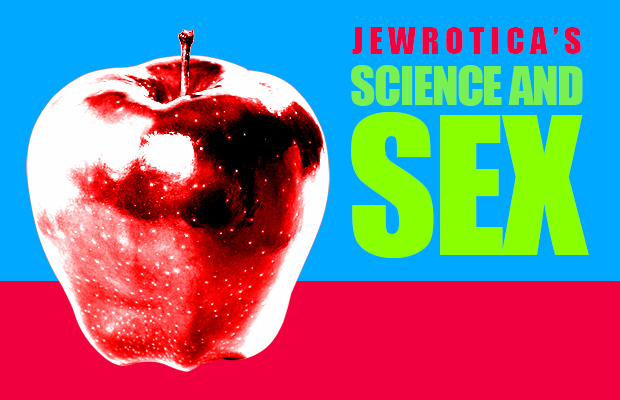Should Jews Avoid Legumes?

Written by Joseph Dunsay. After earning a Masters of Science in Ecology and Evolution, Joseph Dunsay became a science writer for international audiences. Find more Jewrotica writing by Joseph here.
As Passover approaches, Jews are cleaning their homes to removes foods which are forbidden on that holiday. A week free of grains is standard for Jews, but diverse customs regarding other food items exist. The debate over the status of legumes and other kitneyot on Passover flared up in recent years when the Conservative movement declared them kosher for Passover. Orthodox Ashkenazi Jews still avoid foods such as corn and soybeans on Passover, but Conservative Jews and Sephardi Jews have a different tradition.
Gentiles have their own customs to regulate what they eat. One New York Times columnist strived to eliminate BPA from his diet. He was concerned that the chemical causes problems with the reproductive system by mimicking a hormone, although a Reason reporter countered his claims about BPA. Each gentile is free to consume or not consume items according to his beliefs.
An article archived by America’s National Institute of Health discusses the possible side effects of the phytoestrogens in soy. Phytoestrogens occur naturally in certain plants, such as soy, and mimic estrogen. Soy is in many food products, including infant formula. It is a popular fodder for livestock, which raises the possibility of residual phytoestrogens and their metabolites remaining in meat. The article cautions that soy may have a subtle feminizing effect on humans and urges more research into the matter.
Another article available through the NIH considers the pros and cons of the phytoestrogens in crops. It mentions how phytoestrogens bind weakly to estrogen receptors in the human body just like BPA does and emphasizes soy as a source of phytoestrogens. Soy isolates are ingredients in many processed foods that consumers normally do not associate with soy. The publication evaluates the possible health benefits of phytoestrogens for people worried about menopausal symptoms, osteoporosis, and cardiovascular health. It also describes the possible side effects of phytoestrogens. They might affect the ovulation cycle, behavior, and the development of the reproductive system. The conclusion advises moderate soy consumption.
The controversy over soy consumption exemplifies the dynamic nature of both religion and science. Rules which seem arbitrary and unbreakable from afar have a complex history that becomes apparent upon closer inspection. Much debate goes into deciding what people should eat, and both rabbis and scientists are often unable to definitely label an item as universally bad or good. At the end of the day, the consumption of most foods remains a bit of a dice role. Therefore, readers should relax at their post Passover barbecues, because those soy infused processed beef franks probably won’t destroy their reproductive systems.














0 comments